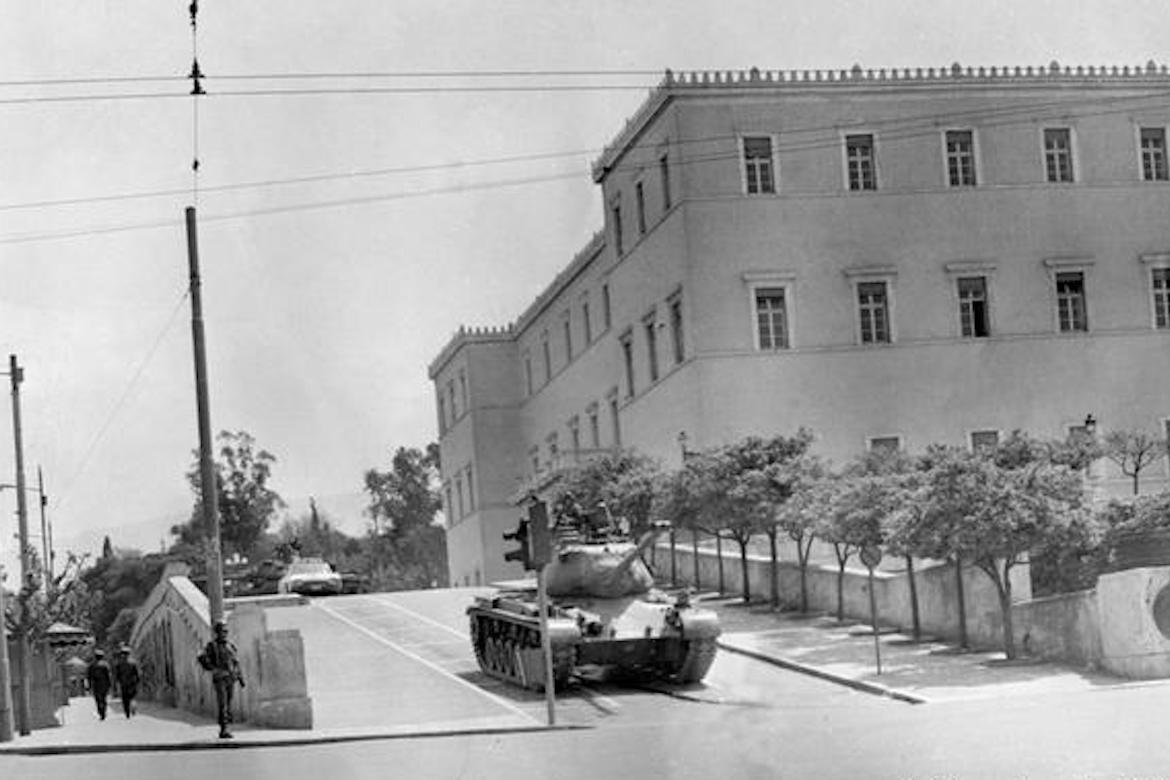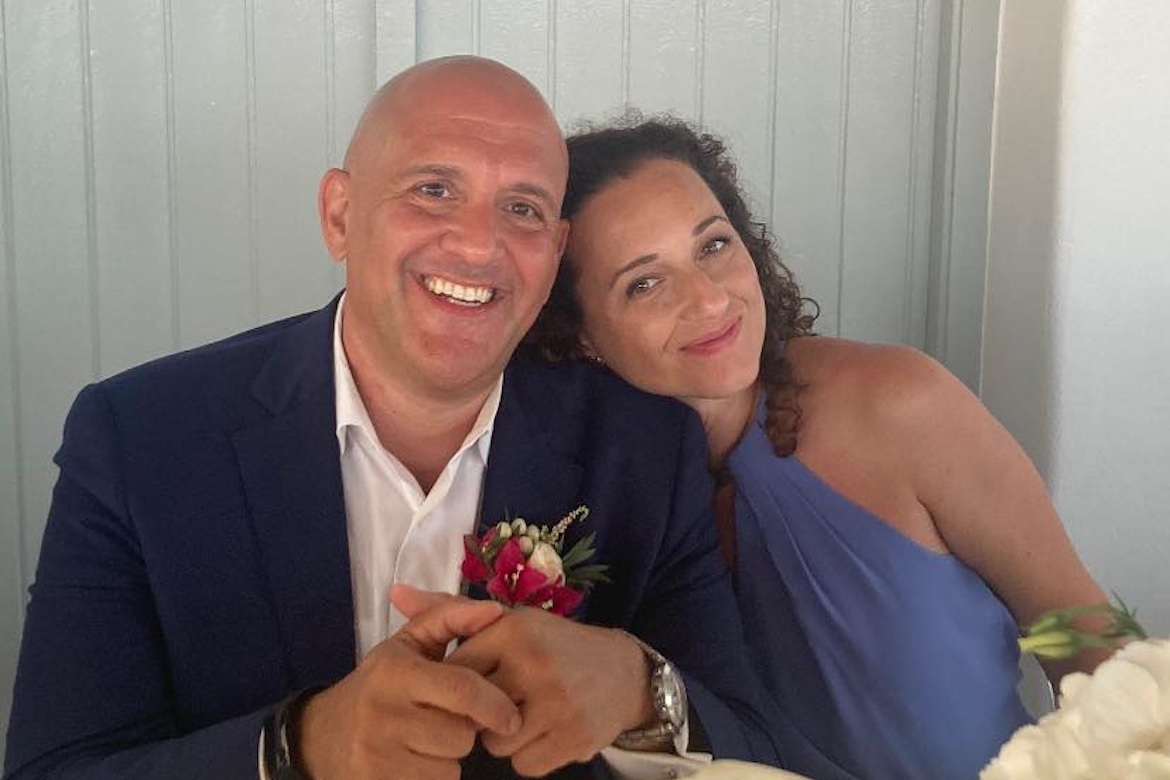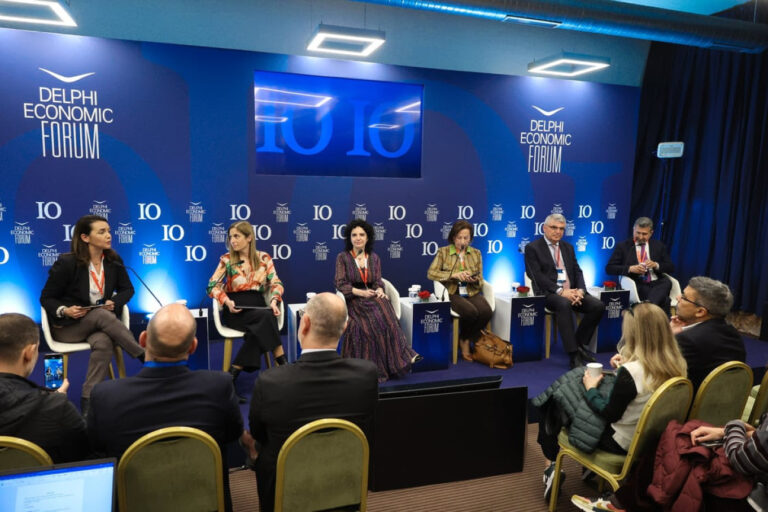Human rights have increasingly been elevated in foreign policy rhetoric, and some nations now define their national interest as embracing more than hard-power considerations.
But commitments to human rights, democracy and self-determination still hold less sway on foreign policy decision-making than non-idealistic material concerns, except in cases where both happen to be aligned. This was true with Greece. It’s playing out now in various national responses to the carnage Russia is wreaking in Ukraine.
Remember the predawn morning of April 21, 1967, when American-supplied tanks rolled into Athens as part of a Greek military coup that would impose a cruel seven-year dictatorship on the land of democracy’s birth.
Journalist Elias Demetracopoulos, with the help of the United Nations, escaped to the United States — over State Department objections. From here, he would battle not only the junta, but Democratic and Republican administrations that supported the regime in Greece. Some congressmen were his allies in urging American military aid be withheld and democracy there be restored, but it was often a lonely fight.
The Greek government weaponized its zealous embrace of anticommunism, suspending free elections, dismantling its independent judiciary, censoring its free press, and wantonly abusing the civil liberties and human rights of its people. The country endured years of psychological torture. Political dissidents and protesting students were harassed and physically brutalized.
Our foreign policy, our national interest, according to US officials, demanded we “hold our noses” and not publicly criticize the junta’s barbaric behavior. Congressional efforts to investigate and expose the role of the United States in supporting the Greek dictatorship and its practices were blocked, allegedly for national security reasons.
Years later, President Bill Clinton visited Greece during a time of unrest and rising anti-Americanism. In a 1999 speech at the Athens Hilton, he said: ”When the junta took over in 1967 here, the United States allowed its interests in prosecuting the cold war to prevail over its interest — I should say its obligation — to support democracy, which was, after all, the cause for which we fought the cold war. It is important that we acknowledge that.”
This comment has often been treated as a sovereign apology, but Clinton’s speechwriter said it was not. It was a brief and highly generalized presidential recognition that American behavior had fallen short of its professed values.
It ignored the active leadership role the US played blocking other NATO countries from taking collective action against the Greek dictatorship. It didn’t revisit still-sore memories of America’s thumb on the Turkish side of the scale in the wake of the 1974 Cyprus invasions. It surely didn’t approach the rhetorical force of his “never again” confessional foreign policy speech in Kigali the year before when President Clinton, in full empathy mode, attempted to repair America’s image by sharing the blame with others in the international community for failing to act quickly enough to stop the Rwandan genocide.
There was nothing in his words in Athens to indicate that, under similar circumstances today, the United States would not repeat its junta-era behavior — putting first the exigencies of realpolitik, even at the expense of our professed commitment to democracy and human rights. Indeed, rare would be an example of a nation where this would not be the case.
In this 55th anniversary year of the so-called “Colonels’ Coup,” those most nostalgic for those dark old days in Greece are away from the levers of power.
In 2019, Golden Dawn, the now discredited pro-fascism party, lost all of its 18 seats in parliament; its prominent leaders are jailed. Unlike Orban’s illiberal Hungary, Greece is a stable democracy, light years from 1967, but all is not quiet.
In March, after fellow ethnics were killed in a Russian airstrike on Mariupol, Greek Prime Minister Kyriakos Mitsotakis passionately condemned Russian behavior, wholeheartedly embraced the Western alliance, and committed his country to providing Ukraine with a shipment of arms. This dramatic step away from a previous national predilection to serve as a European bridge to Russia triggered an immediate backlash from more than historically Russophile co-religionists.
In addition to the expected partisan opposition, nearly 70 percent of Greeks polled claimed the decision a mistake and 63 percent feared it could be dangerous to Greek interests. Only 60 percent of Greeks opposed the Russian invasion, the lowest of the EU countries polled, with many believing that NATO expansion deserves some responsibility for provoking Russia.
Greece walked back part of its military commitment, but its government has held firm in providing humanitarian aid, refugee assistance and supporting sanctions. It ordered some Russian diplomats be expelled, even while Russia provides 40 percent of its gas needs, and has also temporarily submerged some contentious issues with Turkey to maintain a united front.
Greeks are sensitive to the parallels between Russia’s unprovoked attack on Ukraine and Turkey’s 1974 savage invasion of Cyprus that eventually led to forced expulsions and the unlawful landgrab of about 35 percent of the island.
Nearly half a century later, efforts to reunify Turkish-occupied North Cyprus, recognized only by Turkey, with the internationally recognized Republic of Cyprus have failed.
On his national parliaments tour, Ukrainian President Volodymyr Zelenskyy usually eloquently connects his appeals for support to different iconic national sensibilities. With Cyprus and Greece, he failed to make the obvious link. Perhaps he wanted to avoid angering Turkey, a player in current negotiations with Russia. Many Greeks see a double standard: Russian control of the Donbas bad, Turkish occupation in Cyprus okay
Former NATO commander Admiral James Stavridis told I Kathimerini recently that the most likely solution to end the war in Ukraine will be an agreement “everybody will hate.” He speculated there is a “60-65% chance that we’ll see a negotiation that ends up with Putin in control of 10-15% of Ukraine, but the rest of Ukraine continues as a sovereign state.”
If that comes to pass, we can expect years of finger-pointing and national acknowledgments that more could and should have been done.
About the author
James H. Barron is the author of “The Greek Connection: The Life of Elias Demetracopoulos and the Untold Story of Watergate.” A Greek edition was recently published by Kaktos as “The Key Man: Elias Demetracopoulos and His Struggle for Democracy from the Occupation, through the Junta Years and after the Metapolitefsi (O Anthropos Kleidi).” For more information on Barron and his book visit the official website.
Would You Like to Add Your Voice to The Pappas Post?
This post is part of our “Voices” section which aims to broaden the conversations in our community and allow people to share what’s on their mind. These articles in no way reflect the position or opinion of The Pappas Post and our inclusion of a story doesn’t reflect affirmation or denial of the particular point of view. Rather, we seek to give people a platform to share their views.
Interested in submitting your article? Read our guidelines and submit your content today.
















